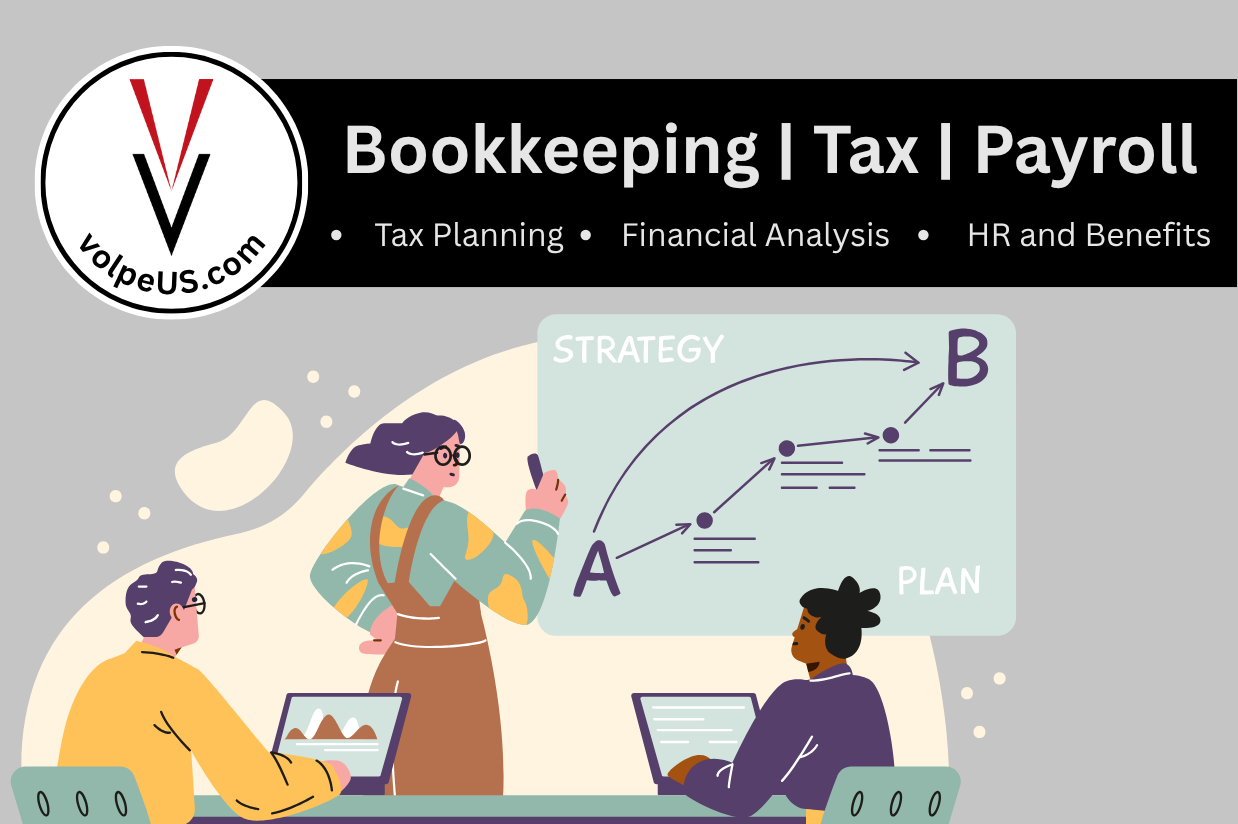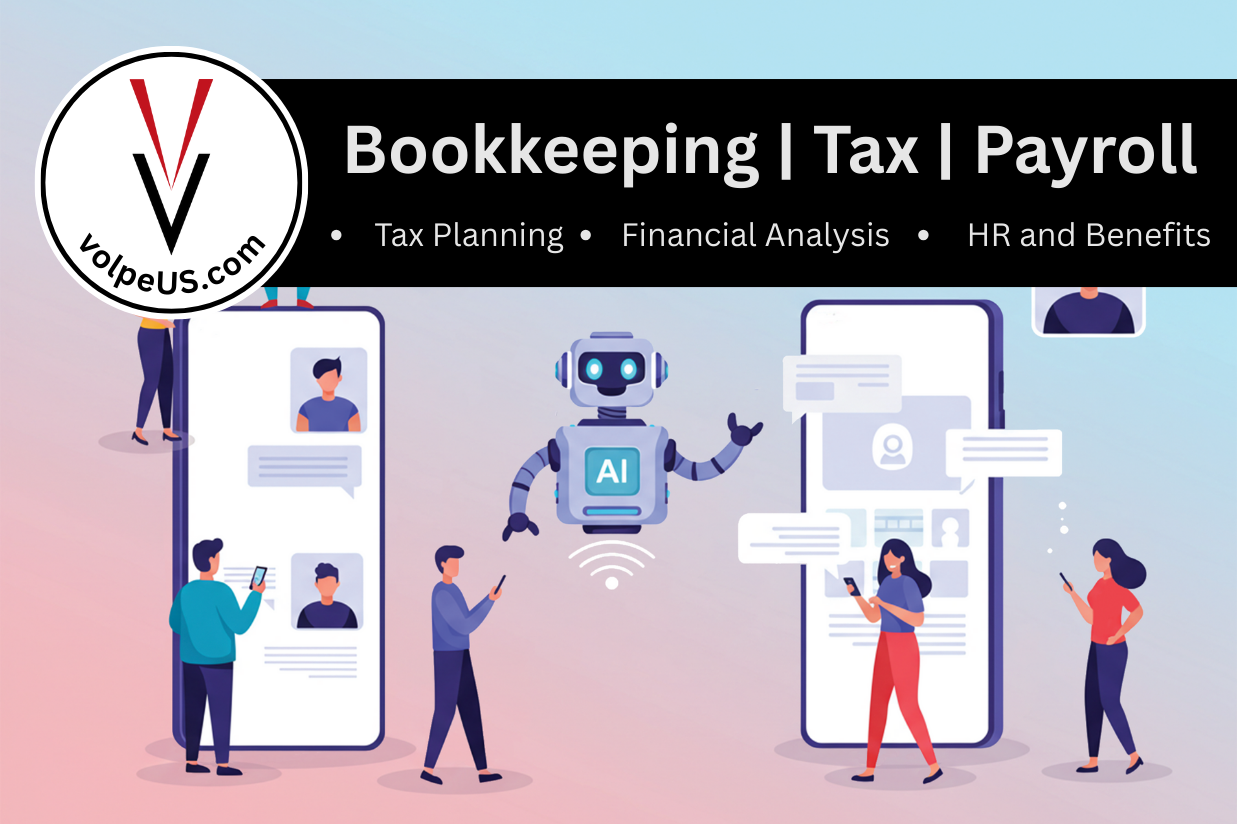Executive Summary
In our first installment, we explored the essential groundwork for building a million-dollar business: creating a solid plan, researching your market, and structuring your company for long-term success. Those steps form the foundation—but they’re only the beginning.
In this second half of the series, we’ll move beyond the starting line and into the strategies that fuel real growth. From financing expansion to surrounding yourself with professional support, from continuous improvement to scaling past the million mark, these next three steps will help you transform early momentum into lasting success.
If Part One was about building the engine, Part Two is about putting fuel in the tank, fine-tuning performance, and learning how to drive farther, faster, and smarter.
Step Four: Financing Growth
The old saying holds true: “It takes money to make money.” As your business progresses beyond its initial stage, securing the right type and amount of funding becomes a defining moment—one that shapes the speed, scope, and sustainability of your expansion. The choices you make in financing are not only about acquiring cash but also about building a resilient foundation for your company’s future.
Sources of Capital
- Personal Savings: Many entrepreneurs start by tapping into their own resources, such as savings accounts, retirement funds, or home equity. This route preserves full control over your business decisions and avoids immediate debt or outside influence. However, it exposes your personal finances to significant risk, so it’s critical to set boundaries and prepare for worst-case scenarios.
- Friends and Family: Raising funds from people you know can accelerate your startup phase, but it’s essential to treat these investments with professionalism. Draft formal agreements outlining terms, expectations, and repayment schedules. Honest communication ensures relationships aren’t strained by the pressures of entrepreneurship, even if setbacks occur.
- Bank Loans and Credit Lines: Traditional lenders like banks and credit unions remain a staple for small business financing. They generally require a solid business plan, financial projections, and collateral. Maintaining a positive relationship with your banker can unlock competitive interest rates, increased credit limits, or future lending opportunities. Be prepared to answer probing questions about your business model, revenue, and risk management strategies.
- Angel Investors and Venture Capital: These investors offer more than just cash—they bring vital expertise, mentorship, and access to networks. In exchange, they typically require an equity stake and some input into your company’s decisions. Carefully vet potential investors to ensure they share your vision and values. Prepare a compelling pitch that showcases your market opportunity, growth plan, and team strengths.
- Grants, Impact Investing, and Government Programs: Some founders benefit from “patient capital”—funding sources that don’t demand immediate returns. Grants, government-backed loans, and impact investors can provide breathing room as you test new ideas or refine your product. These options often require detailed applications and reporting, but offer valuable flexibility.
Managing Capital Effectively
Securing funds is only half the battle; disciplined financial management determines whether your business thrives or falters. Track your burn rate—the speed at which you spend your capital—using regular financial reviews and updated projections. Understanding your runway (the number of months before you’ll need more funding) empowers you to make timely, strategic decisions. Diving into and getting familiar with your numbers early on can both give you a clearer representation of how your business is performing while also increasing your knowledge and decision-making capabilities as the operator of the business. Some strategies of basic modeling are below – It may seem like things that large corporations are doing… However, the ones performing these types of analyses are typically pretty efficient and profitable machines themselves!
A robust financial model should include:
- Forecasts of revenue, expenses, and cash flow
- Contingency plans for unexpected costs or downturns
- Clear milestones that trigger investment in hiring, marketing, or equipment
- Analysis of which growth initiatives deliver the strongest returns
Formulas for Burn Rate and Runway:
Gross Burn Rate = Simply your monthly cash expenses
Net Burn Rate = Total monthly cash sales – Total monthly cash expenses
Runway = Cash Balance / gross burn rate
- Runway, as mentioned above, is a metric which determines (in months) how long your operation can be sustained without needing more cash
💡 Mini Case Study: The Carpet Cleaning Expansion
John’s journey began as a solo operator with one carpet-cleaning machine and a determination to serve his community. Business was steady, but growth plateaued as he reached the limits of his time and equipment. Recognizing the need for outside capital, John approached a local bank with a detailed business plan highlighting his customer base, service quality, and future ambitions. With the help of a small business loan, he purchased additional machines and onboarded two new employees. The effect was transformative: within 18 months, the business doubled its revenue, expanded its service area, and began to build a brand known for reliability and scale. Financing didn’t just fuel expansion—it unlocked a new chapter for the business, illustrating how thoughtful investment can turn potential into momentum.

Step Five: Lean on Professional Support
Here’s where many entrepreneurs stumble: believing they must shoulder every responsibility alone. In truth, one of the most strategic decisions you can make as you scale is to surround yourself with professional support that fills gaps in expertise and frees your time for high-impact work. Below, we’ll discuss three main types of support for your new business: Accounting/Financial professionals, legal/industry professionals, and mentors. Each can be invaluable in providing you guidance in your operations, alongside providing legitimate services for some of the more time-consuming aspects of running a business.
Accounting and Financial Professionals
When a business is still small, owners often manage bookkeeping and finances in between all their other duties—juggling receipts, reconciling accounts, and making sense of spreadsheets late into the night. But as revenue increases, so do the stakes. Navigating payroll, taxes, compliance, and cash flow becomes a complex, high-risk puzzle—one that can easily lead to costly mistakes, such as missed tax deadlines, cash shortfalls, or overlooked deductions. Bringing in an external accountant, virtual CFO, or specialized payroll provider ensures your records are accurate, taxes are filed punctually, and regulatory obligations are met. A financial expert goes beyond simple bookkeeping: they help implement systems that forecast cash flow, track expenses by category, and monitor your burn rate. For instance, a virtual CFO might help you set growth targets, analyze profit margins, and establish monthly financial reviews. They can create dashboards to visualize trends and highlight areas for improvement, giving you clarity and peace of mind. Moreover, having someone who understands the nuances of your industry—such as seasonal fluctuations in sales or unique cost structures—empowers you to make informed decisions about hiring, investing, or scaling back.
Legal and Industry Advisors
The legal landscape for growing businesses is equally fraught with complexity. Standard contracts, employee agreements, commercial leases, and intellectual property protections all require careful drafting and review to avoid disputes and costly litigation. Having access to a knowledgeable lawyer—whether on retainer or as-needed—protects you from liabilities and ensures your business foundations are solid. For example, a food business owner might consult a food safety expert to navigate changing health regulations, ensuring compliance and avoiding shutdowns. A tech startup could partner with an IP attorney to secure patents or trademarks, safeguarding innovations and brand assets. Industry-specific consultants advise on best practices, changing laws, and competitive trends, helping you anticipate challenges before they arise. Engaging legal and industry advisors also allows you to handle employment law changes, renegotiate contracts, and manage partnerships with confidence.
Strategic Mentorship
Beyond technical support, consider seeking out mentors who have grown businesses in your industry. Their lived experience can illuminate potential pitfalls and shortcuts you might otherwise miss. Mentors may share wisdom on scaling sustainably, managing growing teams, or navigating unexpected crises. Many entrepreneurs credit their mentors with opening doors to funding, partnerships, or pivotal hires at just the right moment. To find mentors, tap into professional networks, local business associations, or online platforms dedicated to entrepreneurship. Participating in mastermind groups or accelerator programs can connect you with seasoned founders eager to share insights. Regular conversations with a mentor can help you stay focused on your vision, challenge assumptions, and foster accountability.
Action Steps!
- Identify areas where professional support could free up your time—such as bookkeeping, payroll, or legal compliance.
- Research and compare service providers, ensuring they have relevant expertise in your industry.
- Set up regular check-ins with advisors to review financial health, legal obligations, and strategic opportunities.
- Seek out mentors through business communities or targeted programs, and schedule recurring meetings for ongoing guidance
💡 Mini Case Study: Outsourcing Pays Off
Rachel, an online boutique owner, found herself spending more than 10 hours each week on bookkeeping and payroll—managing everything from tracking expenses and reconciling accounts to processing employee paychecks and handling tax documentation. The administrative workload often meant she missed invoicing deadlines and struggled to maintain an accurate inventory, leading to cash flow hiccups and lost sales opportunities.
Recognizing these bottlenecks, Rachel decided to partner with a specialized accounting firm. The transition wasn’t instant; it took a few weeks to onboard her new team, streamline systems, and delegate financial responsibilities. However, once the outsourcing was in place, Rachel gained back crucial time each month and redirected her energy toward building supplier relationships, curating her product selection, and enhancing customer experience through personalized service and faster shipping.
With her operations running smoothly and her mind freed from financial stress, Rachel noticed a marked improvement in her business growth. Within six months, her boutique’s revenue surged by 40%, driven by improved inventory turnover, better customer satisfaction, and her ability to spot new trends and opportunities. Her story highlights how strategic outsourcing can transform day-to-day challenges into stepping stones for accelerated success.

Step Six: Review & Repeat
Arriving at your first major milestone is a cause for celebration, but true success lies in refusing to plateau. Continuous improvement should become part of your company’s DNA; a forward-looking mindset that permeates every aspect of your operations. Below are some key affirmations, in the sense of “rinse and repeat” in the business world – Innovation is crucial, however, practicing to make perfect also comes into mind.
- Revisit the Idea
When revenue begins to flow steadily, challenge yourself: How else can you serve your customers? Innovation doesn’t always mean reinventing the wheel; it could mean adding a complementary service or refining your product for a niche audience. For instance, a food truck might branch into catering private events, while a carpet cleaning business could expand into upholstery and rug maintenance. These incremental “plus ones”—small enhancements that delight customers—can distinguish your brand and broaden your market.
- Reaffirm Values and Mission
As your business grows, maintaining a consistent culture becomes increasingly important. It’s easy for core values to get lost in the flurry of new faces and expanded offerings. Make your mission tangible: if sustainability is a pillar, implement eco-friendly supply chains or champion responsible sourcing. Share these initiatives with your team and empower them to contribute. When employees see their leaders authentically living company values, it fosters engagement, loyalty, and a sense of shared purpose—qualities that drive performance through every stage of growth.
- Ongoing Market Research
Markets are dynamic, and what worked last year might fall flat tomorrow. Establish a routine for gathering customer feedback—through surveys, social media, and direct conversations. Pay close attention to emerging trends, both inside and outside your industry. Consider how a simple shift in consumer preferences—like the rise of pumpkin spice in coffee—can open lucrative opportunities for those who listen and adapt.
- Leverage analytics to steer your business forward. Monitor metrics such as:
- Customer satisfaction scores: Gauge how well you’re meeting needs and where you can improve.
- Retention rates: Track the percentage of customers who return, a powerful measure of loyalty and value.
- Average ticket size: Analyze how much customers spend per transaction, informing pricing and upselling strategies.
- Net promoter score (NPS): Assess how likely customers are to recommend your brand to others, revealing advocates and detractors.
- Advertising ROI: Measure the effectiveness of your marketing spend and pivot campaigns as needed.

Conclusion
Hitting the million-dollar milestone is proof that your vision works, your customers believe in you, and your hard work is paying off. But reaching that point is not the finish line—it’s the moment where the real challenge begins. Growth at this stage requires more than hustle. It demands smarter planning, disciplined investment, and the courage to build the right team around you.
Too many businesses stall because the owner tries to do everything alone. The truth is, no one scales sustainably without support. The leaders who continue to grow are the ones who know when to delegate, when to call in specialists, and when to lean on trusted advisors who bring clarity and expertise to the table.
That’s where the right partners make all the difference. At Volpe Consulting & Accounting, we help business owners transform financial complexity into confidence—providing the insight, systems, and accountability needed to take the guesswork out of growth. From managing payroll and taxes to building forecasts and spotting opportunities, we ensure your foundation is strong enough to support every new level of success.
Because the journey doesn’t stop at one million. It’s about building the systems, culture, and partnerships that will carry you to five million, ten million, and beyond. With the right structure, the right strategy, and the right support team, your business has the power not just to grow—but to thrive for years to come.
If there’s a pain point within your operation that you’d like to discuss, we’re here. We’d appreciate the opportunity to look into it with you and hopefully provide some insight as to how you can move forward. For more information, or to just put a few faces to the name,
Disclaimer: The content on this blog is for informational, educational, and occasional entertainment purposes only. It should not be construed as legal, tax, or financial advice.












